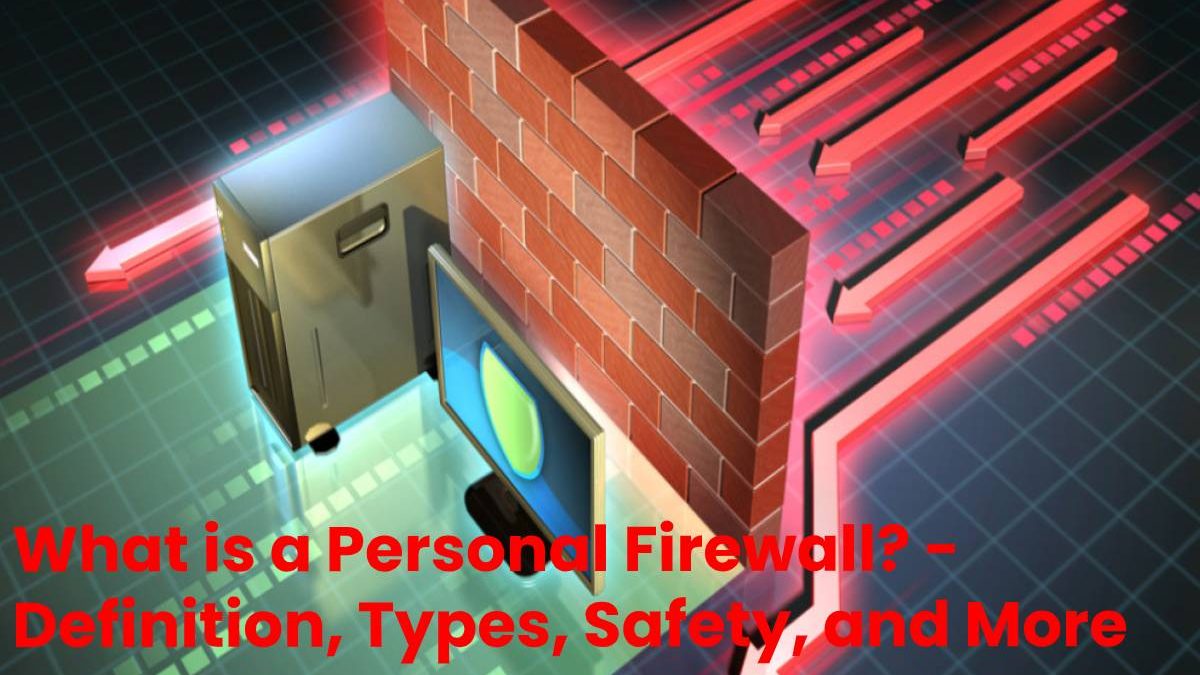Table of Contents
Personal Firewall Definition
A Personal firewall is a protective measure against foreign and unauthorized attempts to connect from the public (Internet) to the local network.
They are the first line of defense in protecting networks for over 25 years.
With a Personal firewall, incoming and outgoing data traffic can be checked, logged, blocked, and released.
It is placed precisely between the public and the local network. The firewall is usually part of a router.
However, it can also connect upstream or downstream of a router as an external component.
What are the approaches of the Personal Firewall?
There are two different approaches to a firewall concept:
Passive packet filter with port and protocol filter
- A packet filter (TCP / IP) controls the source and destination IP as well as the associated port numbers (TCP).
- In addition to the filter function, the logging of rejected packets is essential for later analyzes.
Active gateway (proxy) with a virus scanner and content filter
- The Active gateway is a proxy that temporarily stores the data packets of the Internet services (HTTP, FTP, …).
- It enables the content-related filtering of the data. For a LAN with a lot of email traffic, a virus check for emails particularly recommended.
What are the types of Personal Firewall?
The types of firewalls are:
Proxy Personal Firewall
Proxy Personal firewalls are a new type. For a specific application, these serve as a gateway from one network to another. These then prevent direct connections to the system from outside.
Stateful inspection firewall
Stateful inspection firewalls, which now considers “traditional” firewalls, deciding based on status, port, and protocol whether the data traffic permits or blocks.
Unified Threat Management (UTM) firewall
A UTM device usually combines the functions of a stateful inspection firewall with intrusion prevention and antivirus. Additional services, often cloud management, can also be included.
Next-generation firewall (NGFW)
Most companies rely on next-generation firewalls because they can ward off today’s much more sophisticated threats, such as advanced malware and application-level attacks.
Also You can find more helpful resources at Marketing2Business
What are the safety precautions in the [Personal Firewall]?
- No safety measures are negligent. However, you should already take a close look at what offers to you as a safety function.
- A MAC filter that offered in WLAN access points is conditionally suitable as a security function.
- On the one hand, the administrative effort is excellent, and, on the other hand, it is not a real obstacle for a hacker.
- NAT mainly describes in product-related descriptions as a security feature. Calling NAT a security feature is misleading because it is not NAT’s job to increase security.

